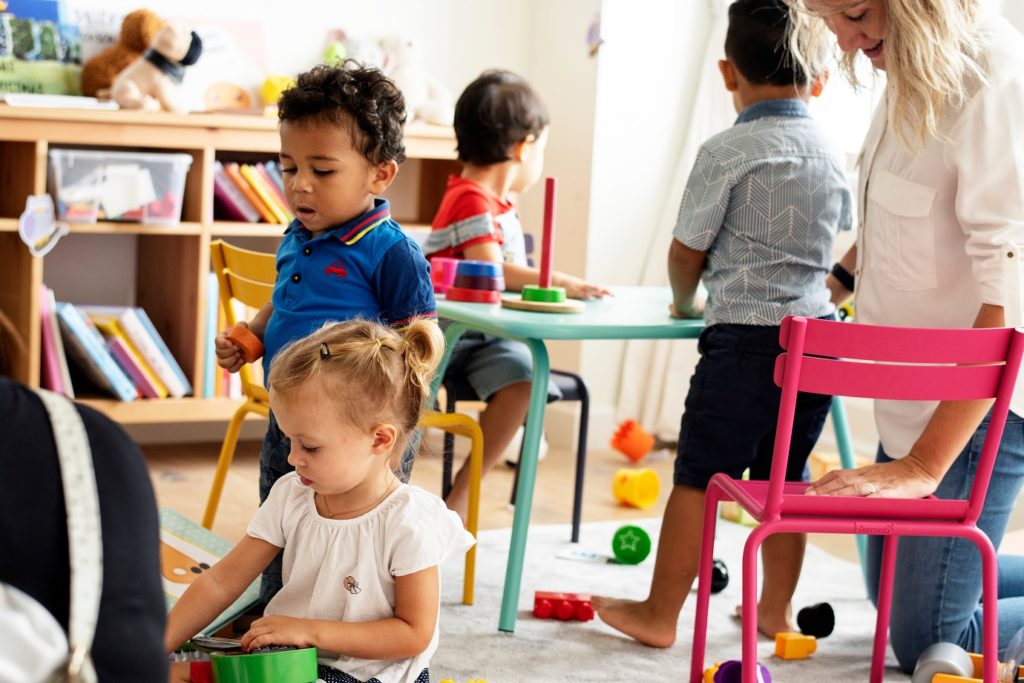Australia has done exceptionally well in addressing the challenges posed by the COVID-19 pandemic. Federal and state governments have moved quickly and decisively, the rationale behind each policy decision has been communicated effectively and easily accessible by the public.
We have been well served by a strong national and state public health infrastructure, and a cohort of scientists and clinical experts and the universities and research institutes they work in, as good as any in the world.
Virologists, epidemiologists, immunologists, and experts in mathematical modelling, vaccine development, and many other specialists, have quickly mobilised in a truly impressive collaborative effort to learn about the virus and recommend how best to combat it.
Our understanding of the virus and strategies for management is evolving rapidly as scientists and clinicians from around the world share research and clinical insights. What is even more impressive in Australia is the way in which the research is collated, analysed, interpreted, and then translated to inform policy. Indeed it is the government’s willingness for policy to be informed by the science that is credited with Australia’s response to the pandemic. The government deserves a great deal of praise for this.
There is another area, however, where there has been little if any progress in efforts to have policy informed by the science – the research that documents the benefits of high quality childcare to child development and early learning.
Recently media commentary and analysis has been published, calling for a continuation of “free” childcare introduced in response to COVID-19, and framed it purely in economic terms. While this is certainly an important policy issue to debate, the enhanced opportunities for early learning and amplified development for the young child are again left out of the conversation.
We have several decades of research that emphatically documents that the foundations of an individual’s future health, wellbeing and achievement are established in the early years of life.
Learning begins well before children start school, and the progression of development depends largely on the young child being exposed to a richly stimulating and nurturing environment.
Despite the very best of intentions and for a number of reasons, many families struggle to provide good social and learning opportunities during these critical early years; their children are disadvantaged as a result. Having their children attend high quality early education can enhance their social and cognitive development and help ensure they get off to a good start at school.
Data from the Australian Early Developmental Census tell us consistently that more than one in five children arrive at school behind or vulnerable in their development; in some communities the percentage is much higher.
Many of these children will struggle at school and will not be able to catch up, despite the best efforts of teachers. Australian research is clear that those children who attended preschool or childcare are less likely to arrive at school delayed in their development and consequently their educational achievement and subsequent life chances will be enhanced.
Stressful, disadvantaged early environments can lock children into a developmental trajectory that inexorably leads them to problems later in life – mental health issues, drug addiction, chronic unemployment and criminality. This translates into huge social and economic costs to society, but there is good research that evidence-based intervention in those early years – which includes high quality childcare – can result in better outcomes for these children. Another benefit is reduced expenditure in attempting to address these problems when they have become entrenched and hard to shift.
In the future, as we look for ways chart the road back to economic growth, increased productivity, and future prosperity, the research points to the strong link between child development and economic development.
Nicholas Kristof, the New York Times columnist, recently argued that ‘early education is the low hanging fruit of public policy’. The first few years of a child’s life provides a unique, never to be repeated window of development where enlightened, research informed public policy can make a major and sustainable difference to a nation – an investment in human capital and social infrastructure.
The Australian government has provided us with an impressive example of a situation where public policy informed by the science results in good outcomes. A precedent has been established and all researchers now hope it can be sustained.
Taking note of the science that demonstrates clearly the long-term individual, societal and economic befits of universal accessible and affordable high quality childcare is as important to Australia’s future as increasing women’s participation in the workforce. Australia benefits in both ways.


